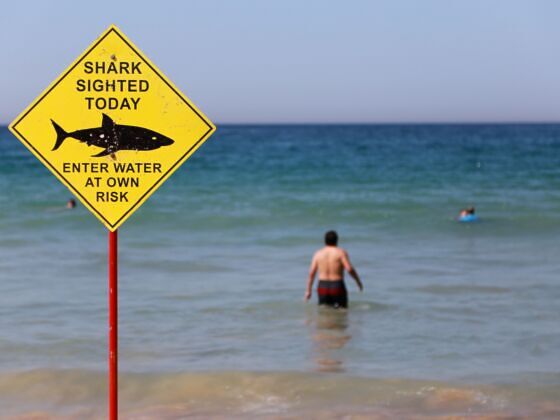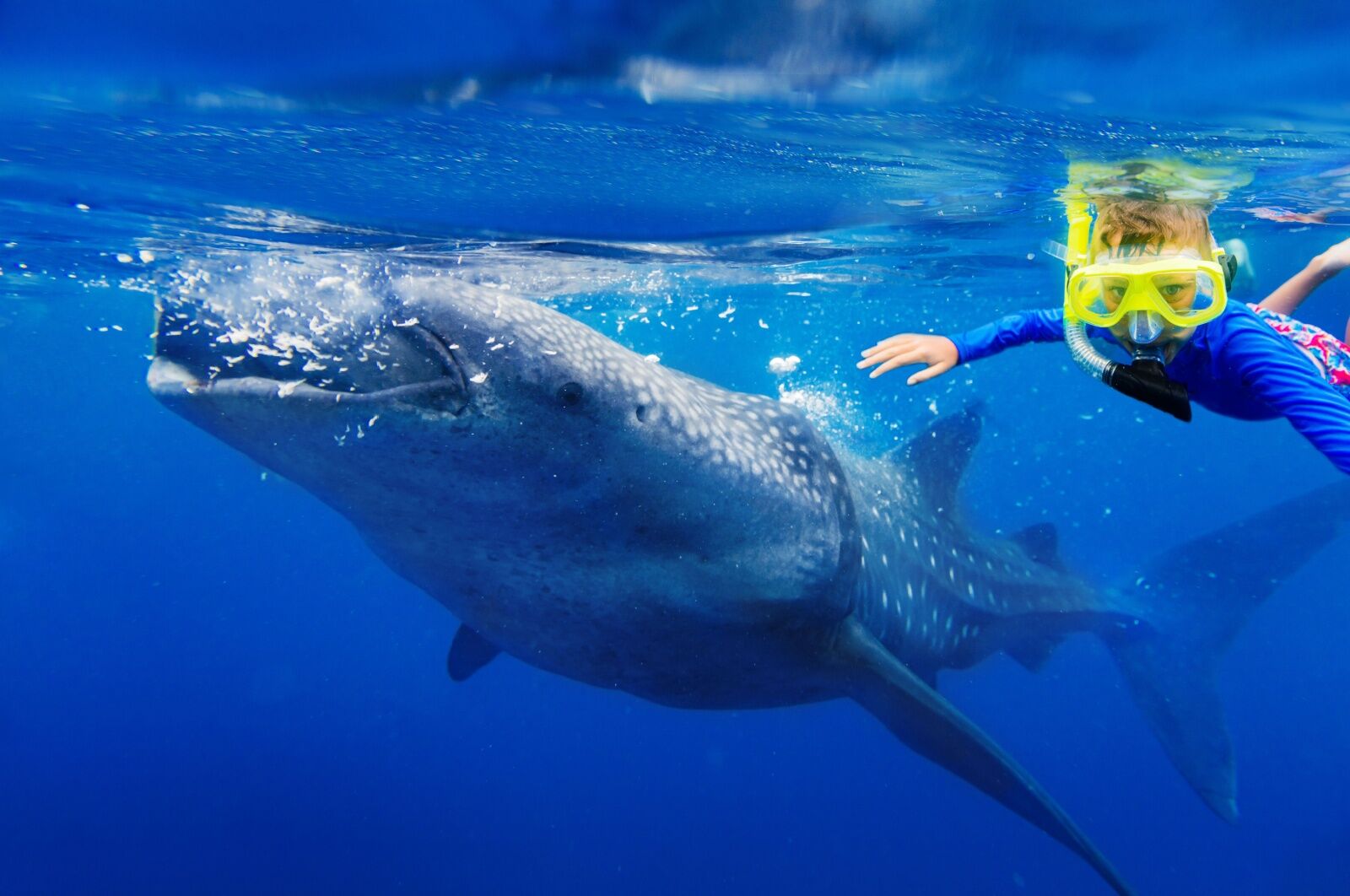An increase in shark attacks around the world so far in 2024 has lit up newspaper headlines, but experts have long said that sharks aren’t really to blame.
On July 7, there were four attacks from (probably) three sharks across the US: one near Oahu, HI; and three in Destin, FL. Two of the Florida victims were near each other and probably attacked by the same shark. None of the attacks were fatal.

